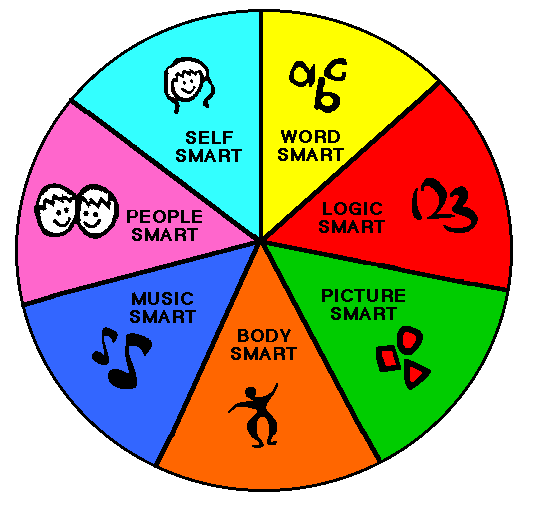Call us today: 021 156 9281
Learning Styles Study Tips
Find study tips to suit you.
7 Major Learning Styles
- AURAL: You prefer using sound and music.
- LOGICAL: You prefer using logic, systems and reasoning.
- PHYSICAL: You prefer using you body, hands and sense of touch. Also known as kinaesthetic.
- SOCIAL: You prefer to learn in groups or with other people.
- SOLITARY: You prefer to work alone and use self study.
- VERBAL: You prefer using words, both in speech and writing.
- VISUAL: You prefer using pictures, images and spatial understanding.
AURAL
- You prefer using sound and music.
- Make rhymes for meanings of words to help memorise them, or to remember groups of things.
- Play music which puts you in a positive frame of mind while studying.
- Read notes out loud to yourself. This will make you read through everything thoroughly and also help you remember it by using both your eyes and ears to take in the information. Maybe ask a friend to read notes out loud to you.
LOGICAL
- You prefer using logic, systems and reasoning.
- Try to really understand a subject instead of just learning it off by memory. This will make the subject make sense.
- When reading through study notes and doing revision, make notes and lists of what you are learning. Try to keep this brief: to just the few key words.
- Use stories and pneumonic to try to remember lists of information. The crazier the word associations the more easily you will remember it.
- Try to understand where the topic you are learning fits into the whole subject. This will help you see the connections between topics.
- Try to get on with your work and not leave it till the last minute! This makes your study time stress-free and enjoyable.
PHYSICAL
- You prefer using you body, hands and sense of touch.
- Take notes whenever you do practical work in class, as this will help you learn and remember chemical reactions and physics/biology principles. Take time in the evening following practical work to recall what you did in class, as this will help you recall observations that are required in exams.
- Flash cards
- Use games. Check out www.purposegames.com and search for topics you would like to study.
- After reading a paragraph, cover it up and make notes in your own words from what you remember. Then look at the paragraph again and notice what you didn’t remember or understand.
- Test yourself with exam questions or checking meanings of words etc. Notice what areas you need to work on.
SOCIAL
- You prefer to learn in groups or with other people.
- Try studying with a friend, discussing anything you don’t understand or have questions about. Listen to their ideas and suggestions they have for studying.
- Work on mind maps to consolidate topics with a friend. Take turns suggesting ideas as the other person writes up the ideas on the mind map. Use large paper or a whiteboard if these are available.
- Get a friend to test you on meanings of words etc. Use flash cards if possible.
SOLITARY
- You prefer to work alone and use self study.
- Take time to think about what you want to achieve at each study session before you begin.
- Try to think “how does this idea relate to me?” when learning new information.
- When studying keep a record of any questions you have so that you can ask your teacher or tutor.
- If a subject is particularly confusing, stop working on it and ask your teacher or tutor for some advice. This will save study time.
- Draw diagrams as you study to explain things in pictures. Use large paper and/or coloured pens if these are available.
VERBAL
- You prefer using words, both in speech and writing.
- Read notes out loud to yourself, rather than just reading them. Also try to read aloud as dramatically as possible. This will make you read through everything thoroughly and also help you remember it by using both your eyes and ears to take in the information. Maybe ask a friend to read notes out loud to you.
- Make rhymes for meanings of words to help memorise them, or to remember groups of things.
- Set key points to remember to a familiar song.
- Use pneumonics to remember lists of information. MRS GREN is a well-known example of this. You can also make phrases using the words, or the first letter of words, you want to memorise. For example: “Harry He Likes Beer By the Cupful” helps to remember the first elements on the periodic table H, He, Li, Be. B, C. The funnier the words you use the more likely you will remember it.
VISUAL
- You prefer using pictures, images and spatial understanding.
- Use images, pictures and colours as much as possible when you take notes and when you study.
- Make mind maps to consolidate topics. Use colour and pictures as much as possible to illustrate ideas.
- Draw diagrams with colour to highlight major ideas or differences between similar topics.
- Flash cards.
- Use games. Check out www.purposegames.com and search for topics you would like to study.







